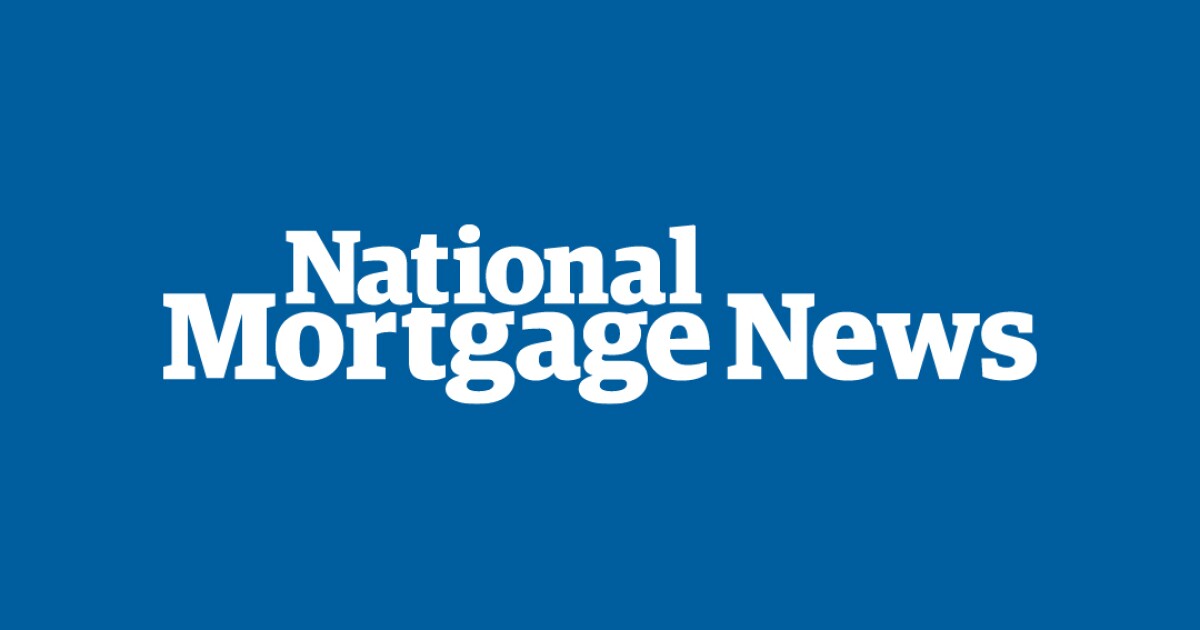
The
For bond managers at BlackRock Inc., Brandywine Global Investment Management and Vanguard Group Inc., the problem is that as President Donald Trump approaches his 100th day in office, he has generated a growing list of unknowns, forcing traders to focus on a broad array of issues beyond just the likely path of interest rates.
To name a few: What do Trump's trade war, tax-cut agenda and scattergun policymaking mean for already weakening economic growth, sticky inflation and massive fiscal shortfalls? Will he again threaten to
The result is a
"We're in a new world order," said Jack McIntyre, who with his team oversees $63 billion at Brandywine. "Even if Trump backpedals on the tariffs, I think uncertainty levels are still going to be elevated. So that means term premium stays elevated."
Of course, some of the angst around Treasuries could well fade should Trump strike trade deals or continue to signal that he's wary of a full-fledged rout in bonds. But as Treasury Secretary Scott Bessent prepares to unveil how the government plans to fund the latest borrowing on Wednesday, he faces the added task of calming investors grappling with a growing host of concerns.
All the uncertainty is leading McIntyre to stay roughly neutral to his benchmark. It's also changing how he sees the long bond behaving in the event of an economic slowdown. In a nutshell, he says yields would remain higher than he'd otherwise expect.
No Flight
It's not as if investors are fleeing Treasuries wholesale. JPMorgan Asset Management sees them as a
Sentiment, however, remains fragile. For example, while Trump last week said he had "no intention" of firing Powell, his criticism of the Fed chair leaves some investors worrying about the central bank's independence.
Pacific Investment Management Co., which
There are other signs of investor anxiety around the long bond: After adjusting for inflation, 30-year yields this month reached the highest since the financial crisis. Although they've since receded, they remain higher than when Trump announced his plan for sweeping tariffs on April 2.
Yields on US 30-year nominal debt were poised to snap a four-day run of declines, rising four basis points to 4.74% on Monday.
For Vanguard, there's scope for the extra insurance being built into longer maturities to swell further, especially if widening federal deficits lead to more bond issuance.
"Term premium is no longer low, but you can't make a case that it's historically high," said
Vanguard expects US growth below 1% this year, which would be the weakest since 2020, and Venter said "that does not bode well for the US budget deficit."
Next Chapter
When the Treasury releases its latest bond issuance plans this week, Wall Street expects steady auction sizes over the next three months. With Republicans debating
One reason a fatter premium matters is that every fraction of a percentage point in extra yield counts for the government at a time when it's paying upwards of
At BlackRock, which oversees almost $12 trillion, the broad slide across US asset classes earlier this month magnified its concerns around the government's finances post-pandemic, and how US bonds were vulnerable to shifting investor confidence.
The selloff in US markets "suggests a desire for more compensation for risk and brought that fragile equilibrium into sharp focus," BlackRock Investment Institute said in a report.
George Catrambone at DWS Americas sees how the term premium might recede, but only so far, given all the shifting signals out of the White House on tariffs and other policies.
"Once greater clarity is given and agreements are reached, I'd expect term premium to abate," said the firm's head of fixed income. "Although not back to the lows of the past decade as fiscal will be an ever-present concern."



